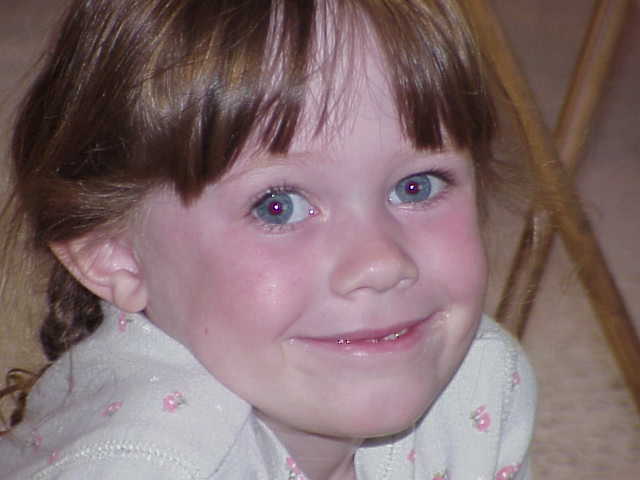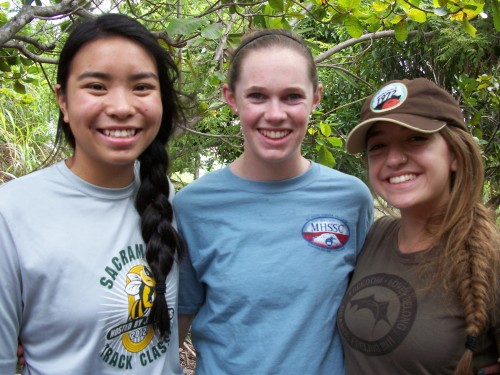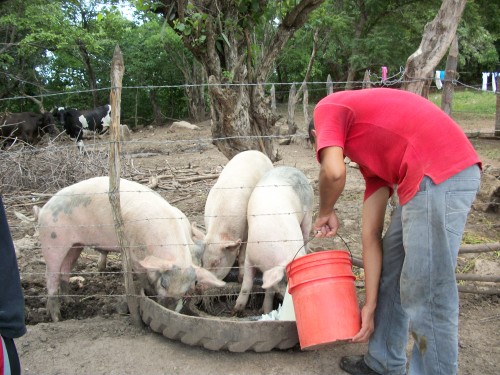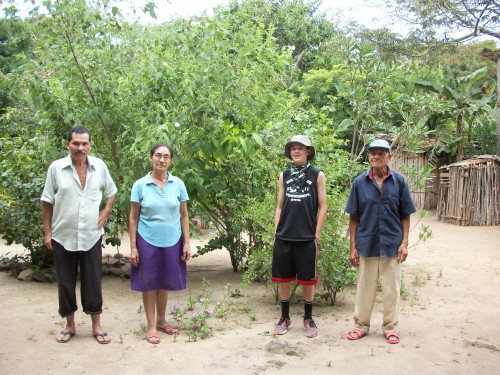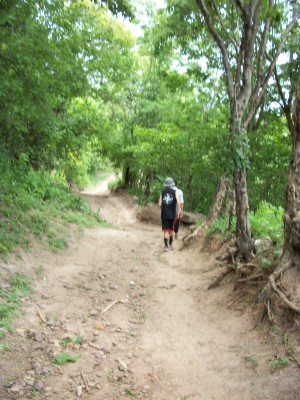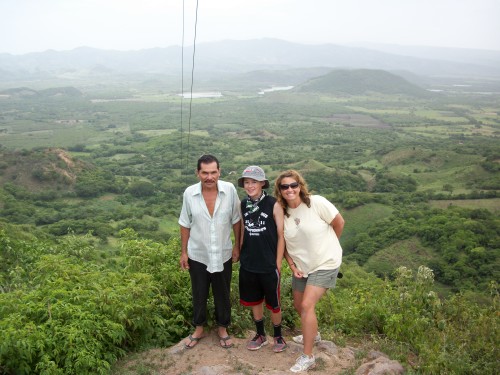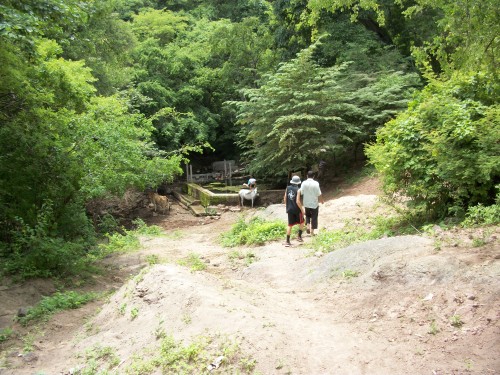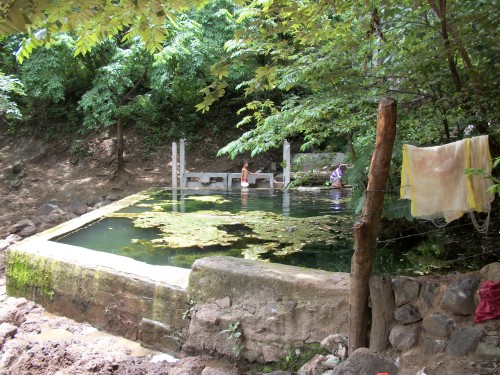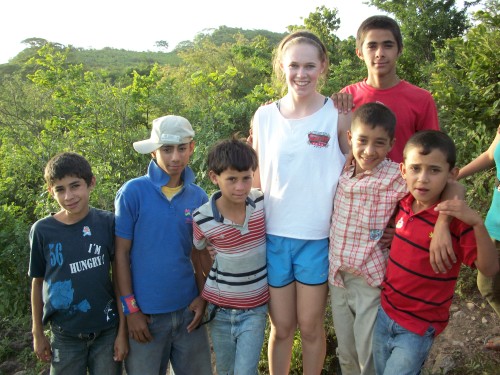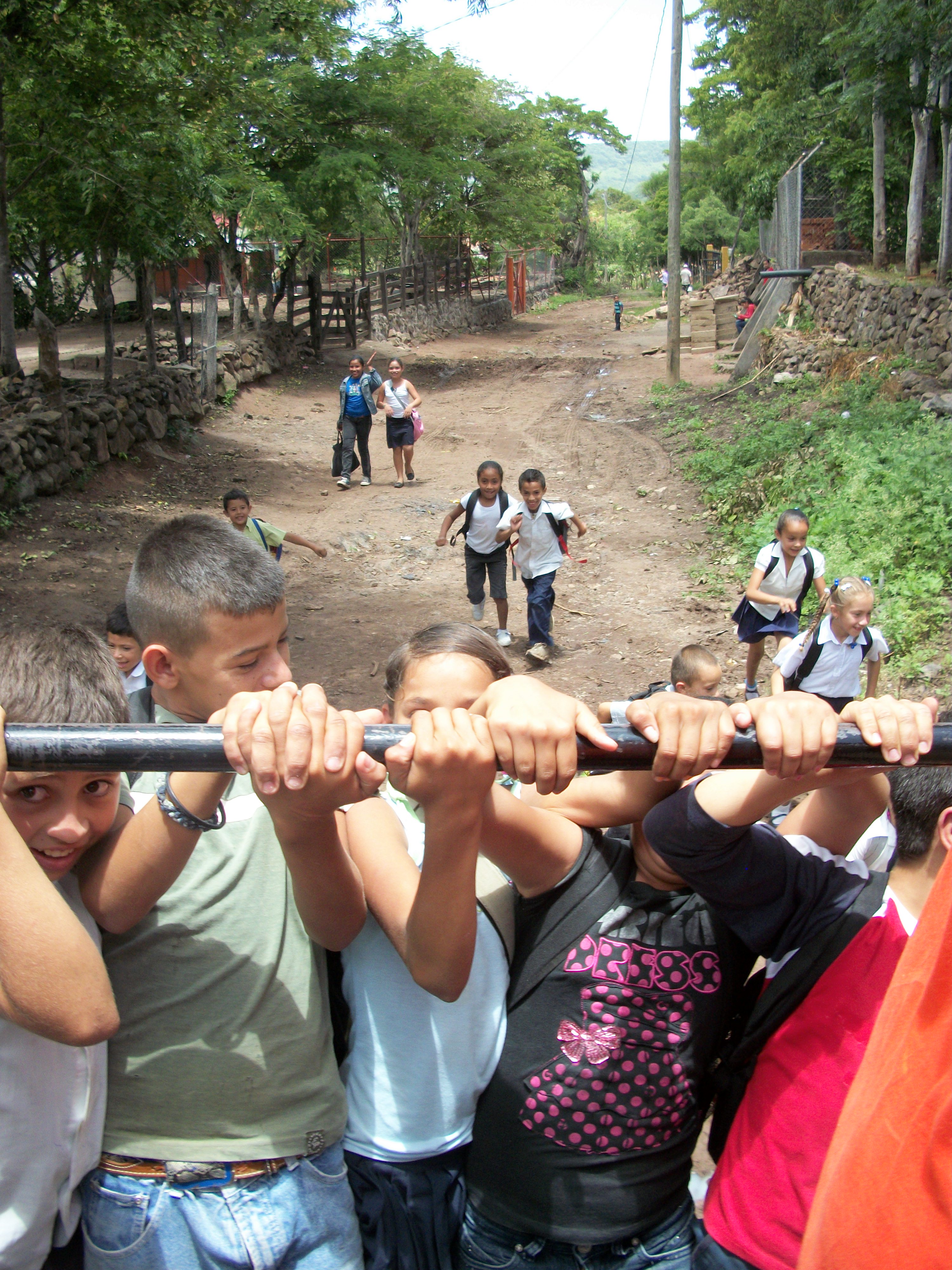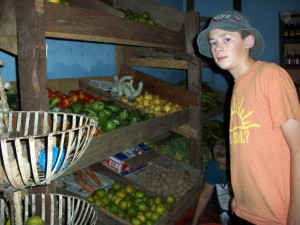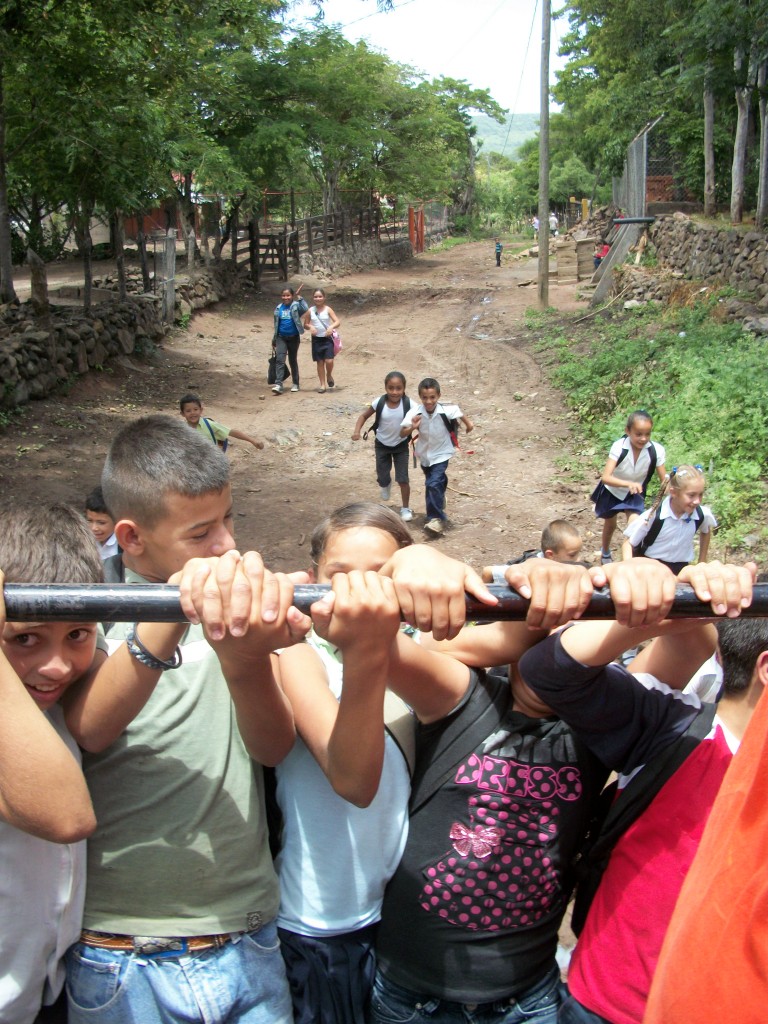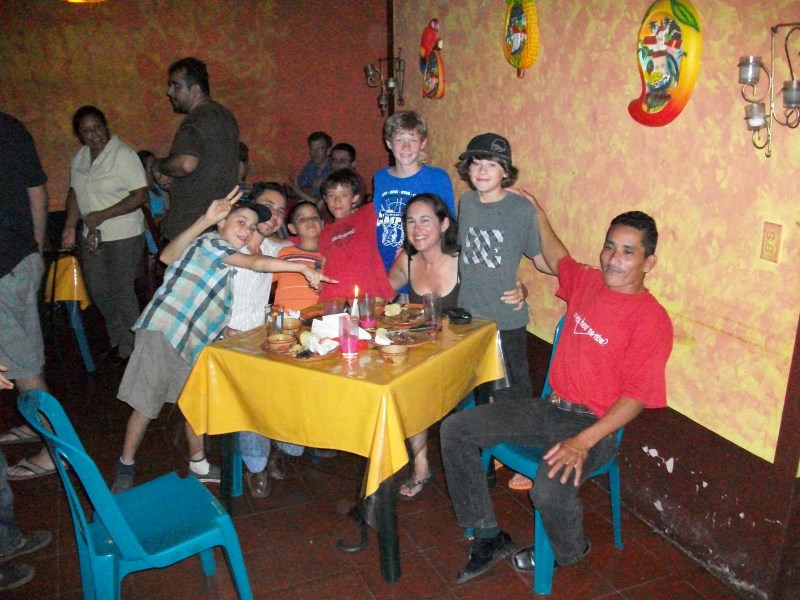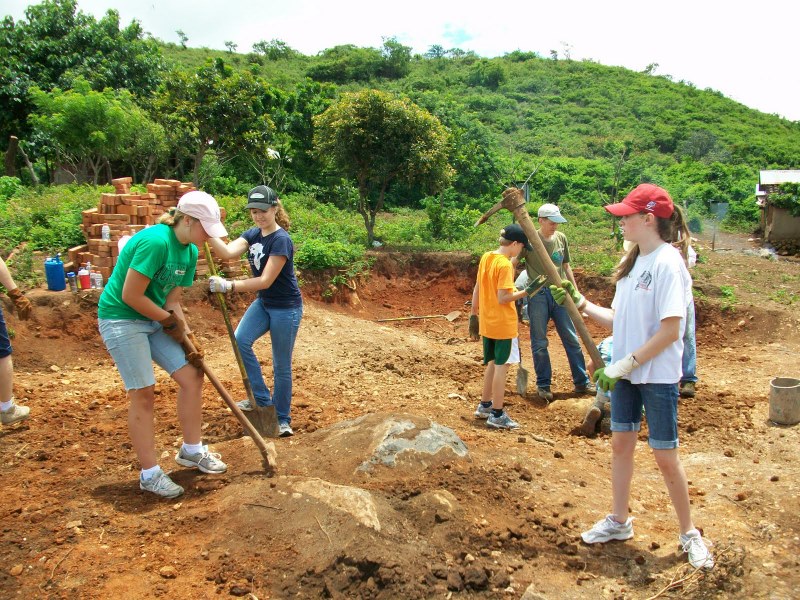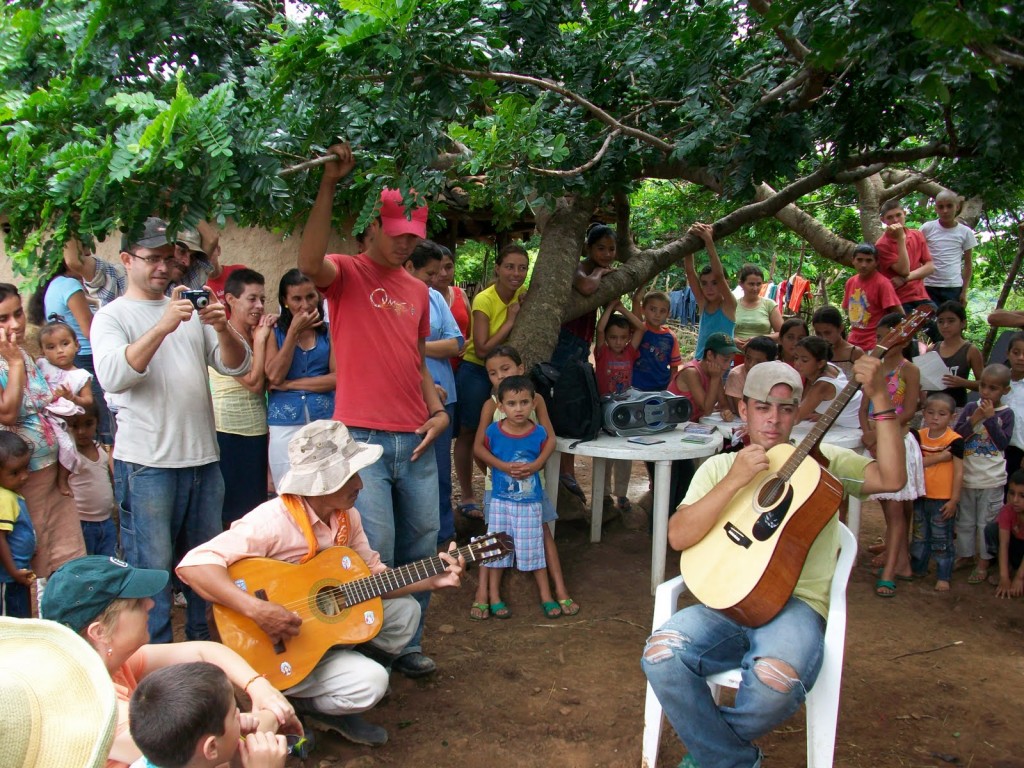“Last night I dreamt I was returning
and my heart called out to you
to please accept me as you’ll find me
Me kealoha ku’u home o Kahalu’u.”
-from “Ku’u Home O Kahalu’u,” a popular contemporary Hawaiian song written by Jerry Santos
She’s feeling a bit anxious now. The summer before senior year, and the glow is slowly fading. School is no longer in the rear view mirror, and as September days inch closer and closer, she knows she doesn’t have much longer.
She’s only 17, but it’s time to think of leaving home.
Watching the college application process from the passenger seat feels a little bit like those first few days of elementary school, not knowing if we made the right choices, or if she would make it through the day by herself. We always knew she was independent, not terribly shy, and was an eager learner. But something about dropping her off on those first few days left me twisted up in knots. I couldn’t wait for her to come home.
Kind of how I feel right now.
When it was time for kindergarten registration, we chose where she went to school. She had no idea that her entire day would be taught in Spanish, nor that any other school was different. It was just what we thought was best, so she went. Things went well. She learned, she made friends, she laughed, and at the end of the day, she was happy to be home.
Now that it’s time for college choices, it’s really up to her.
She’s only 17, but it’s her time to decide where she wants to go next.
I sense her anxiety. It’s palpable as we click around websites and look at campus after campus. So much to take in, making the decision that much more complicated. Intense. Insurmountable.
She hasn’t really changed that much since kindergarten-she’s still independent, social, and eager to learn. But something about the thought of dropping her off at college takes my breath away. I want to scoop her into my arms, make the choice for her, make the fears go away. I want to know that no matter what, she can come home at the end of the day and it will be OK.
But I can’t – she’s really 17.
Seventeen years spent nurturing her every interest, protecting her, creating a home for her to sink into when she needs it – has it all led up to this? GPAs, test scores, extra-curriculars…I can’t help but cringe at the extraordinary complexity of the decision, and wonder if it has to be this way. Can’t she just plug it all into some sort of app, and the perfect place will spit out at her on her computer screen, guaranteed to be her happy place?

- Lily at 17, preparing for college
So we’ll make a list, do our research, and hop in the car to tour schools clear up to the Canadian border. We’ll walk the campus, take notes, and soak in what it feels like. She’ll try to imagine herself there, alone, independent, social, and eager to learn. Things will go well.
She’s only 17, but the decision has to be hers.
I’ll try to imagine myself next year, alone, missing her, but proud that she made her choice. And I’ll be there, next year, back at home, dreaming of when she returns.
Because she’s only 17.
No decision is forever. She can always come home.
 This post was inspired by the novel This Is Paradise by Kristiana Kahakauwila, a collection of short stories that shares a view of Hawaiians few tourists ever experience. Join From Left to Write on August 8 as we discuss This Is Paradise. As a member, I received a copy of the book for review purposes.
This post was inspired by the novel This Is Paradise by Kristiana Kahakauwila, a collection of short stories that shares a view of Hawaiians few tourists ever experience. Join From Left to Write on August 8 as we discuss This Is Paradise. As a member, I received a copy of the book for review purposes.
